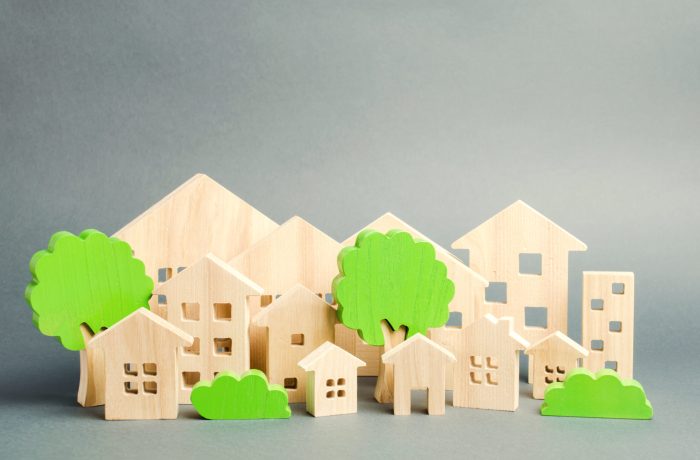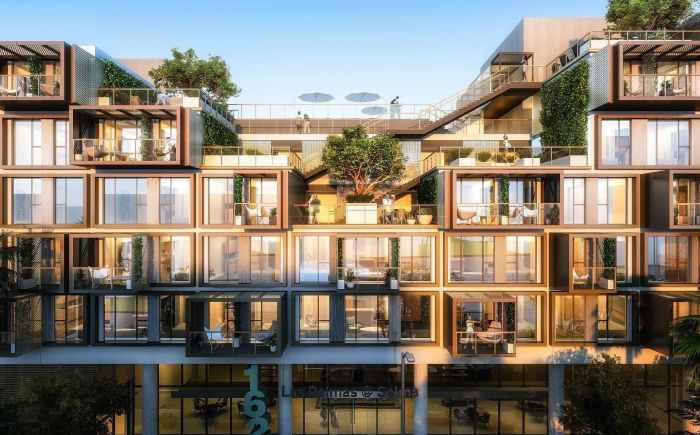In the market for apartment housing the quantity – The market for apartment housing is experiencing a surge in demand, driven by a multitude of factors. This article will delve into the current market conditions, analyzing supply, pricing trends, and rental dynamics. We will also explore investment opportunities and future trends shaping this vibrant sector.
The demand for apartment housing is fueled by population growth, urbanization, and evolving lifestyle preferences. As cities continue to attract residents, the need for affordable and convenient housing options increases.
Market Demand for Apartment Housing

The demand for apartment housing is on the rise globally. In the United States, for instance, the number of renter households has increased by 15% since 2005, reaching 44 million in 2020.
Several factors are contributing to this high demand, including population growth, urbanization, and lifestyle changes. As cities continue to expand and attract new residents, the need for affordable and convenient housing options increases.
Factors Contributing to High Demand
- Population growth: The global population is expected to reach 9.7 billion by 2050, putting pressure on housing markets.
- Urbanization: The world is becoming increasingly urbanized, with over half of the population now living in cities.
- Lifestyle changes: Millennials and Gen Z are less likely to own homes than previous generations, preferring the flexibility and convenience of renting.
Supply of Apartment Housing

The supply of apartment housing is struggling to keep up with the growing demand. In many cities, there is a shortage of affordable units, particularly for low-income households.
Several factors are affecting the supply of apartment housing, including land availability, construction costs, and government regulations.
Factors Affecting Supply
- Land availability: In densely populated areas, finding suitable land for apartment development can be challenging.
- Construction costs: The cost of building apartments has been rising in recent years due to factors such as labor shortages and supply chain disruptions.
- Government regulations: Zoning laws and building codes can restrict the development of new apartment housing.
Pricing Trends
The prices of apartment housing have been rising steadily in recent years. In the United States, the median rent for a two-bedroom apartment increased by 17% between 2020 and 2022.
Several factors are influencing price fluctuations, including economic conditions, interest rates, and competition.
Factors Influencing Price Fluctuations
- Economic conditions: A strong economy can lead to increased demand for housing, pushing prices up.
- Interest rates: Rising interest rates make it more expensive to finance the purchase of an apartment, which can reduce demand and lower prices.
- Competition: In areas with a high demand for housing, competition among buyers can drive prices up.
Rental Market

The rental market for apartment housing is highly competitive in many cities. Landlords are often able to charge high rents due to the shortage of affordable units.
Several factors are influencing rental rates, including location, amenities, and lease terms.
Factors Influencing Rental Rates, In the market for apartment housing the quantity
- Location: Apartments in desirable locations, such as near public transportation or in trendy neighborhoods, typically command higher rents.
- Amenities: Apartments with amenities such as swimming pools, fitness centers, and concierge services tend to rent for more.
- Lease terms: Shorter lease terms, such as month-to-month leases, often come with higher rents.
Investment Opportunities

Apartment housing can be a lucrative investment opportunity. However, it is important to carefully consider several factors before investing in an apartment property.
Some of the factors to consider include location, rental income, and operating expenses.
Factors to Consider When Evaluating Investment Properties
- Location: The location of an apartment property is a key factor in determining its value and rental income potential.
- Rental income: The amount of rental income that a property can generate is an important factor in determining its profitability.
- Operating expenses: The operating expenses of an apartment property, such as property taxes, insurance, and maintenance, can reduce its profitability.
Future Trends
The future of the apartment housing market is expected to be shaped by several factors, including technological advancements, demographic shifts, and economic conditions.
Some of the potential future trends include:
- Increased use of technology: Technology is expected to play a greater role in the apartment housing market, with advancements in areas such as smart home devices and virtual tours.
- Changing demographics: The aging population and the rise of the millennial generation are expected to impact the demand for apartment housing.
- Economic conditions: The overall economic conditions will continue to influence the apartment housing market, with strong economic growth leading to increased demand for housing.
Essential FAQs: In The Market For Apartment Housing The Quantity
What factors are contributing to the high demand for apartment housing?
Population growth, urbanization, and lifestyle changes, such as an increasing number of single-person households and delayed homeownership, are all contributing to the high demand for apartment housing.
How is the supply of apartment housing keeping up with demand?
The supply of apartment housing is struggling to keep pace with demand, due to factors such as land availability, construction costs, and government regulations.
What are the key factors influencing pricing trends in the apartment housing market?
Economic conditions, interest rates, and competition are among the key factors influencing pricing trends in the apartment housing market.